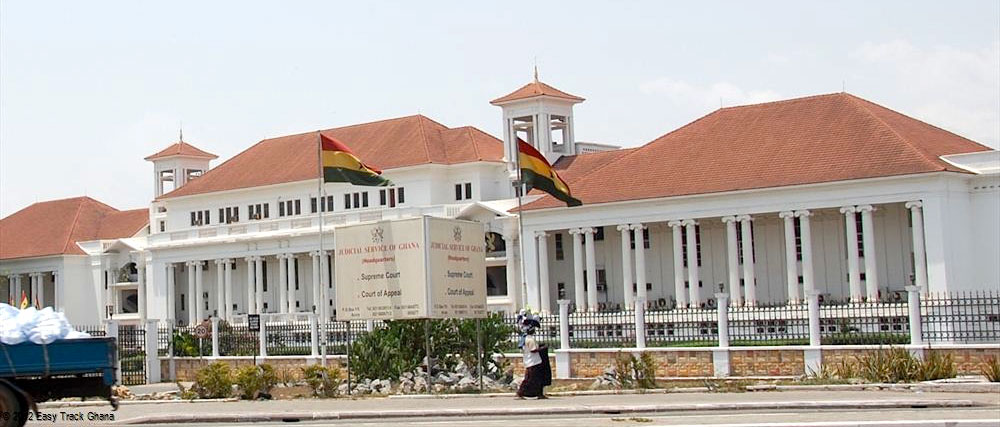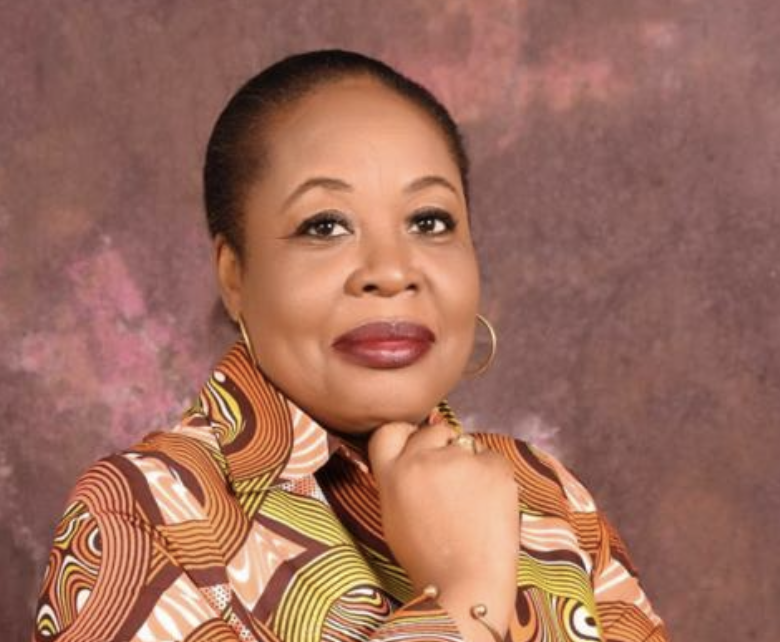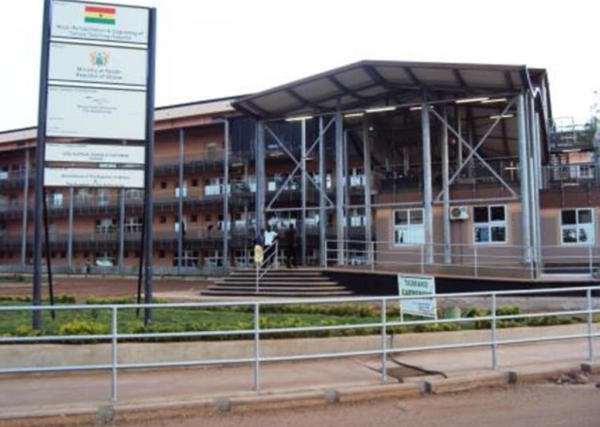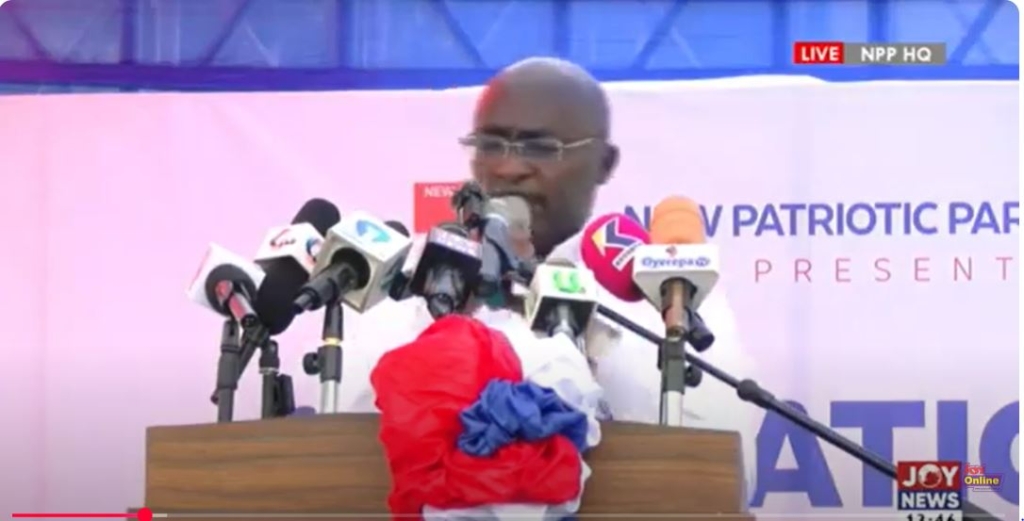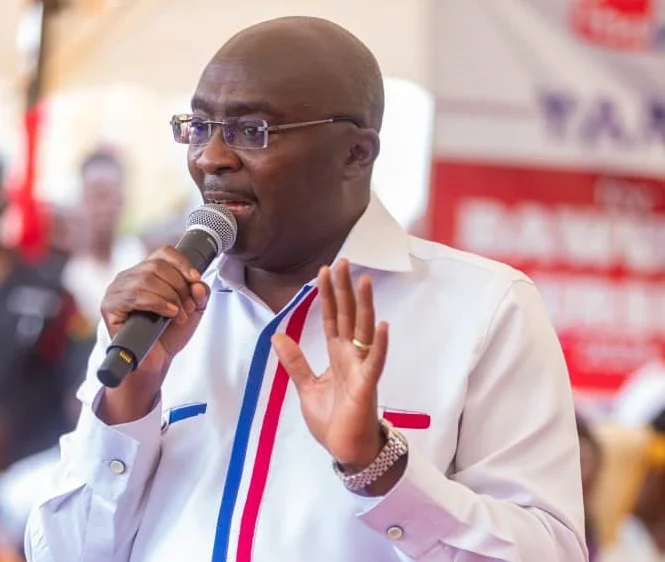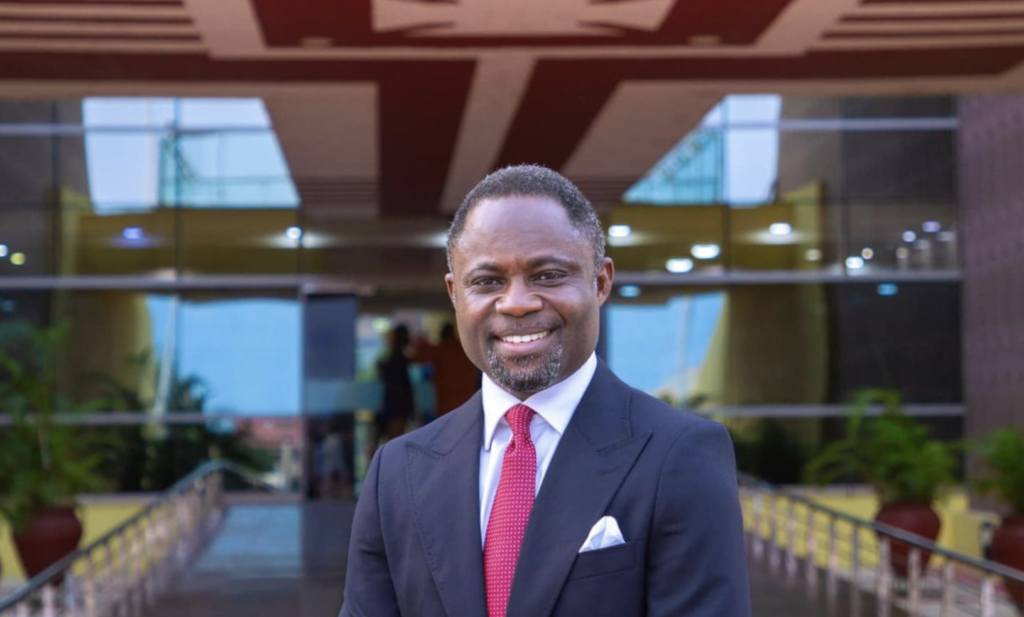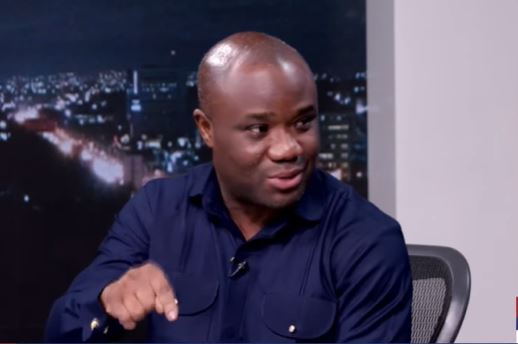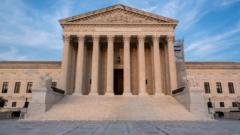A few years after Independence, Article 44(3) of the First Republican Constitution of 1960 gave our President, Dr. Kwame Nkrumah, the constitutional authority to dismiss the Chief Justice without giving any reason. Article 44(3) provided as follows:
“The appointment of a judge as Chief Justice may at any time be revoked by the President by instrument under the Presidential seal.”
Today, under the Fourth Republican 1992 Constitution, the President still has power—this time under Article 146—to sanction the removal of a Chief Justice when an impeachment process is set in motion.
“I do not write to assess the merits of the present petitions against the Chief Justice, for I know next to nothing about their contents,” an observer writes.
“However, I write because I am deeply concerned about an emerging trend: that with each electoral transition, we may soon expect a new Chief Justice or a new Chairperson of the Electoral Commission. We are drifting into dangerous territory—one where those in power can begin to lay claim to the ownership of constitutionally created offices.”
The independence of the anchors of state governance is at stake.
Kwame Nkrumah once set a precedent when he removed judges who acquitted Ako Adjei and others in a treason trial. He subsequently replaced them with judges who secured a conviction during the retrial.
In our more recent past, former President Nana Akufo-Addo received a petition for the removal of the then Chairperson of the Electoral Commission, Charlotte Osei. She was impeached.
Many of us either sat silent or protested, depending on our place along the political divide. Charlotte Osei was perceived to be aligned with the previous NDC government.
Needless to say, the petition to impeach her surfaced after the NDC lost power.
So, have we reaped the whirlwind? Have the chickens come home to roost?
Today’s Chief Justice is perceived by some elements of yesterday’s opposition as an ally of the NPP. Does the desire to remove a Chief Justice—or indeed any judge—arise simply because their rulings do not align with the expectations of the political class?
We must guard against this.
The onslaught against judicial independence and other constitutionally created offices will, in the end, hurt us all.
There is no doubt that the impeachment process under Article 146 can be abused by any President, especially through a Council of State largely appointed by the same President.
That said, there is room for hope.
The Council includes a former Chief Justice, Her Ladyship Sophia Boafoa Akuffo (CJ Retired), whose vast neutrality and knowledge of the law could be a steady hand in these turbulent times. She has the mettle for it—or perhaps, she ought to.
We witnessed her independence of mind when she publicly criticised the Government’s Domestic Debt Exchange Programme, despite being nominated and supported by that same government during her elevation to the office of Chief Justice.
I expect no less of her now, should she conclude that her intelligence and experience are being drowned out by numbers and political convenience.
In the end, the independence of the Judiciary and other constitutional institutions needs a safe berth—for the waters are stormy.
If Her Ladyship Sophia Boafoa Akuffo (CJ Retired) is indeed the embodiment of judicial integrity, her response to this unfolding process will be telling.
It will indicate whether prejudice was an ingredient in the impeachment stew, or whether reason and fairness prevailed in its preparation.
Be that as it may, there is an urgent need for constitutional reform to ensure that future Chief Justices are not held hostage by the political manipulation of Article 146.
Perhaps the leadership of the Bar will speak to this matter. Our elders and senior colleagues have remained silent for far too long.
The independence of the Judiciary—and all other constitutional offices—must be protected at all times.
DISCLAIMER: The Views, Comments, Opinions, Contributions and Statements made by Readers and Contributors on this platform do not necessarily represent the views or policy of Multimedia Group Limited.


